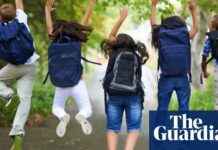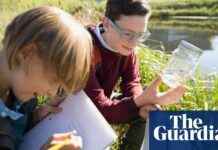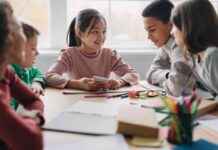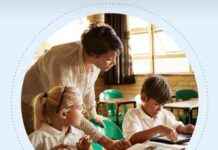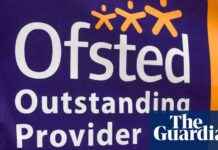Student learning is a crucial aspect of education that involves acquiring information and skills to achieve specific goals. Despite continuous efforts to improve school education since the 1980s, recent assessments show minimal progress in students’ academic achievements. This raises concerns about whether generations of teachers and students have been misled by school reforms into focusing on the wrong aspects of education.
One key issue highlighted is the narrow focus on gaining content knowledge without understanding the practical purpose it serves. For example, a science lesson on Earth’s gravitational force may be taught without emphasizing its role in explaining the motion of celestial and terrestrial bodies. This leads students to memorize facts without grasping the underlying concepts and their real-world applications.
The pedagogical approach to learning often overlooks the practical purpose of information, hindering students’ ability to apply new ideas to achieve new goals. This limited understanding affects their academic progress, motivation, and engagement with school education. Reading comprehension, in particular, is a critical area where students struggle, with two-thirds of 4th and 8th graders unable to read proficiently according to the 2022 National Assessment of Educational Progress.
Efforts to reform reading pedagogy have focused on developing language skills and critical thinking, but they often neglect the interpersonal communication aspect of texts. Texts are intended to influence readers’ emotions and behaviors, guiding them to think, solve problems, or reflect on social situations. By narrowly defining meaning and comprehension, current reading pedagogy may hinder students’ ability to understand the true purpose and impact of texts.
A shift towards a more practically oriented pedagogy that emphasizes the practical value of information and cultural heritage could benefit students’ learning outcomes. Rather than seeking constant reforms, schools should focus on providing a holistic approach to education that helps students appreciate and leverage the knowledge available to them.
In conclusion, improving student learning requires a shift in pedagogical approaches to emphasize practical applications and meaningful understanding of information. By addressing the disconnect between content knowledge and real-world purpose, educators can help students achieve their academic goals and actively engage with their education.


